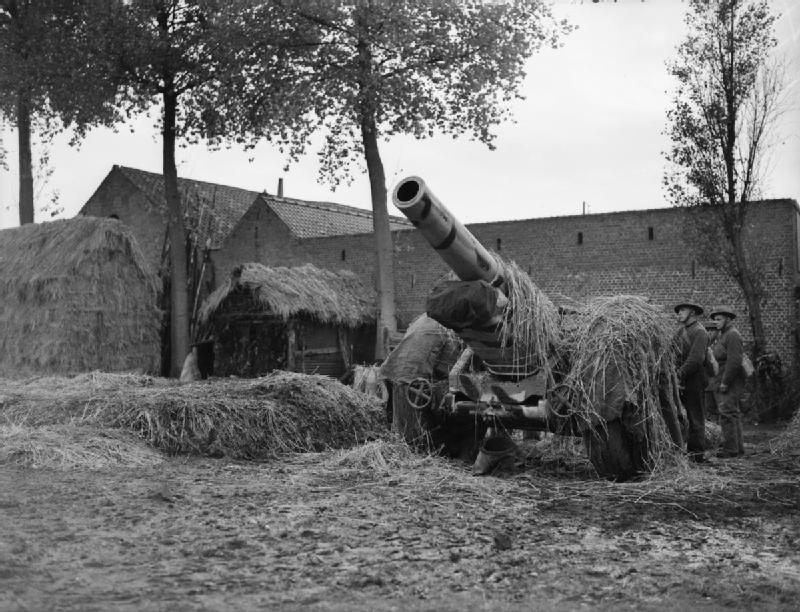A War by Any Other Name
World War II ended, literally, with a bang. In some ways it began with a whimper. First Germany and then the Soviet Union invaded Poland in September 1939* After Warsaw officially surrendered to Germany on September 28, active hostilities slowed on the Western front. Germany consolidated its hold on Poland. Britain and France built up their forces, took defensive positions along the Franco-Belgian border,—and waited. Hostilities resumed again in April, 1940, when Germany invaded Norway.
I’ve always known this period of relative inactive as the “phoney war”—a term attributed to isolationist Senator William E Borah of Idaho, who stated on September 30, 1939, that “there is something phony about this war.”** I was surprised to learn that several alternative nicknames were popular at the time: the British “Bore War”, the German “Sitzkrieg” (or sitting war), and, my personal favorite, Winston Churchill’s poetic “Twilight War.”
Who knew?
*I don’t know about you, but my World History class left out, or perhaps minimized, the fact that the Soviet Union also invaded Poland. In fact, the German-Soviet non-aggression pact that was signed in August 1939 provided for more than non-aggression. It included secret protocols that partitioned Poland between Germany and Russia. Again.
**Borah is best known for the things he led the charge against: the Versailles Treaty (which the United States did not sign), the League of Nations (which the United States did not join), and giving women the right to vote .





